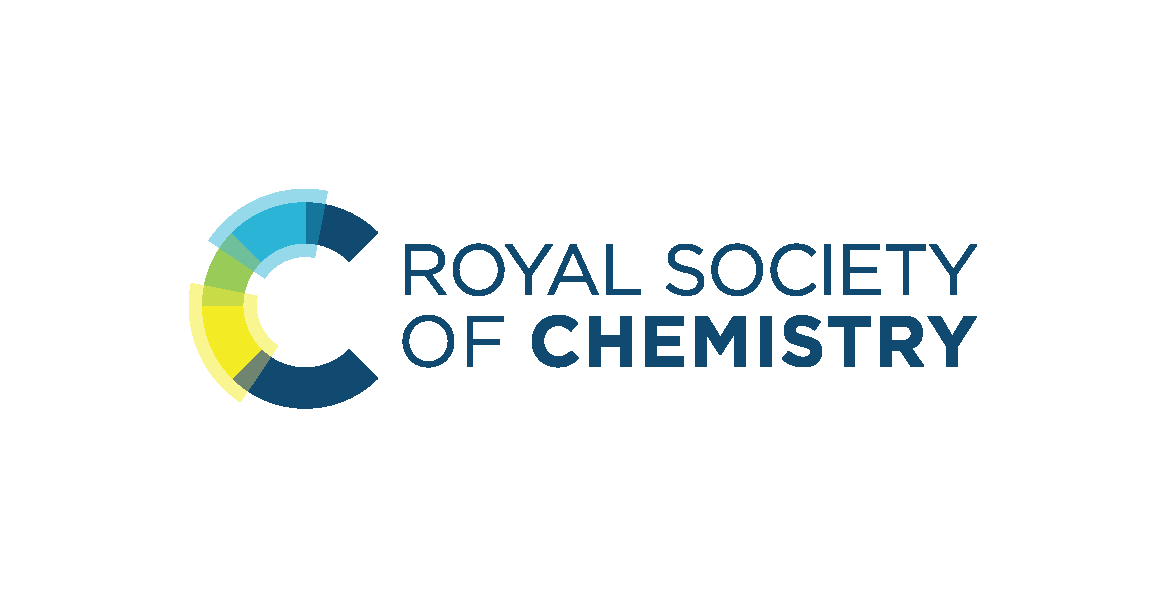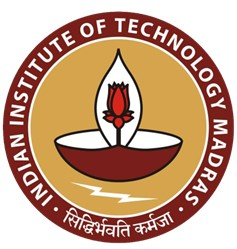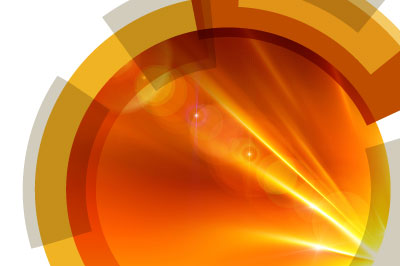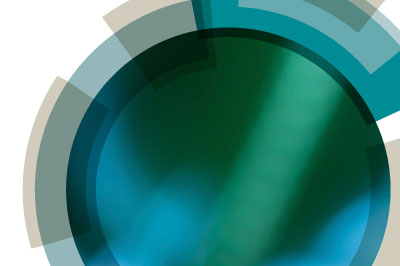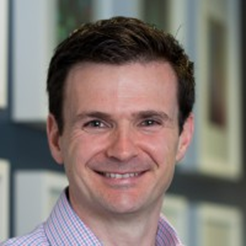 Dr. Richard Kelly, ChemComm
Dr. Richard Kelly, ChemComm
Royal Society of Chemistry, United Kingdom
Dr Kelly carried out his undergraduate and post graduate education at University of Liverpool, UK, obtaining his PhD studying lanthanide catalysis under Professor Helen Aspinall. He joined the Royal Society of Chemistry’s editorial staff in 2004 and became Executive Editor of the RSC’s organic chemistry journals – including Organic & Biomolecular Chemistry and Natural Product Reports – in 2010. He is currently leading the general chemistry portfolio and is the Executive Editor of ChemComm and Chem Soc Rev.
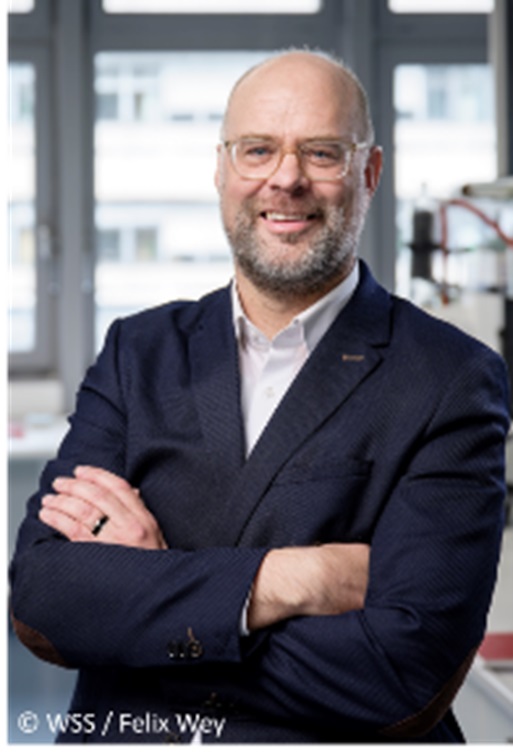 Professor Lutz Ackermann, University of Göttingen, Germany
Professor Lutz Ackermann, University of Göttingen, Germany
Prof. Dr. Lutz Ackermann has studied Chemistry at the University Kiel (Germany) and performed his PhD with Prof. Alois Fürstner at the Max-Planck-Institut für Kohlenforschung (Mülheim/Ruhr, 2001). After a postdoctoral stay at UC Berkeley with Prof. Robert G. Bergman, he initiated his independent research career in 2003 at the Ludwig Maximilians-University München. In 2007, he became Full Professor (W3) at the Georg-August-University Göttingen. He inter alia received an AstraZeneca Excellence in Chemistry Award (2011), an ERC Consolidator Grant (2012), a Gottfried-Wilhelm-Leibniz-Preis (2017), an ERC Advanced Grant (2021), and a Werner Siemens Foundation Centennial Research Award. The development and application of novel concepts for sustainable catalysis constitute his major current research interests, with a topical focus on electrocatalysis and bond activation.
He has mentored 91 PhD students, 81 post-doctoral researchers, 82 undergraduate students, and hosted 16 visiting scientists. He has published more than 560 manuscripts in international journals (h-index: >126 WoS) and presented more than 340 invited lectures at conferences. Since 2014 he has been listed as Highly Cited Researcher (WoS)
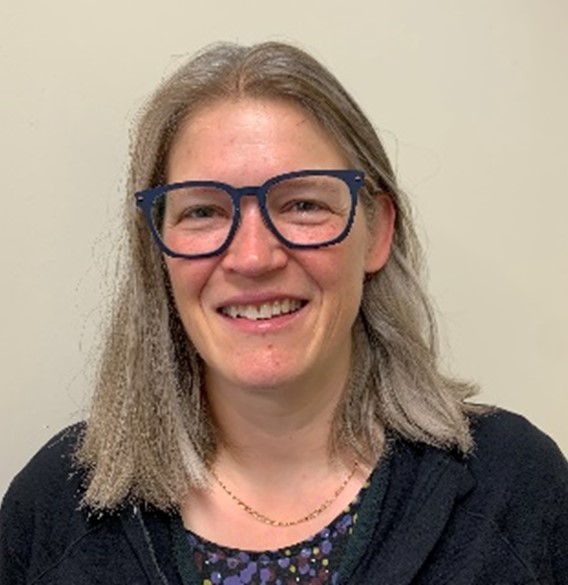 Professor Michaele Hardie, University of Leeds, United Kingdom
Professor Michaele Hardie, University of Leeds, United Kingdom
Prof. Michaele Hardie am Professor of Supramolecular Chemistry, and current Head of Inorganic Chemistry at the University of Leeds. She was educated at the University of Melbourne, gaining a PhD in 1996. After postdoctoral positions in the US and Australia, she was appointed as lecturer in inorganic chemistry at Leeds in 2001. My research interests are in the areas of metallo-supramolecular chemistry, host-guest chemistry, along with a strong interest in chemical crystallography. The research group has a particular focus on the development of molecular hosts and cages of the cyclotriveratrylene-host family; self-assembly and behaviour of discrete nanoscale metallo-supramolecular cages and complexes; networked crystalline assemblies; and coordination polymers/metal-organic frameworks from host-like or simpler ligands. She was awarded the RSC Corday-Morgan Prize and Medal in 2011.
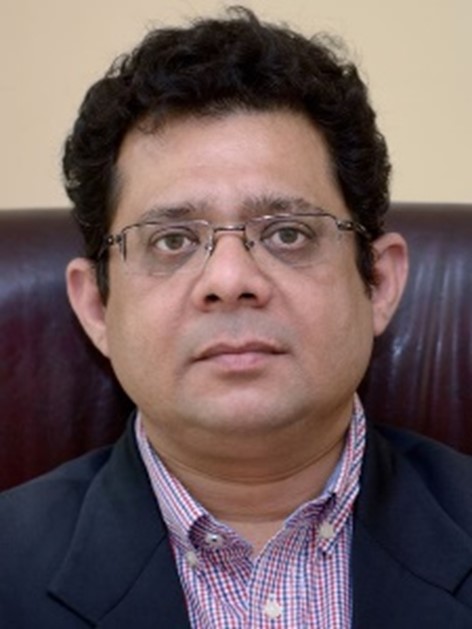 Professor Sandeep Verma, IIT Kanpur, India
Professor Sandeep Verma, IIT Kanpur, India
Professor Verma obtained his Ph.D. from University of Illinois Medical Center, Chicago, USA in 1994. He held postdoctoral positions at Johns Hopkins University Medical Institutions, Baltimore, USA, and Max-Planck-Institute for Experimental Medicine, Göttingen, Germany.
Then, in 1997, he joined the Department of Chemistry, IIT Kanpur, where I currently serve as Department Chair. He also occupies Shri Deva Raj Endowed Chair Professorship and an Adjunct Professor position in Department of Biological Sciences and Bioengineering.
In addition, he also holds an Adjunct Professor position at Indian Institute of Science Education and Research Bhopal and National Institute of Science Education and Research, Bhubaneswar. His research interests include peptide/protein assemblies for disease modelling, soft biomaterials, bioimaging, and surface chemistry of metal complexes. His works has been recognized by numerous awards such as Swarna Jayanti Fellowship (2005), Shanti Swarup Bhatnagar Prize in Chemical Sciences (2010), Department of Atomic Energy-Science Research Council Outstanding Investigator Award (2012), Ranbaxy Research Award in Pharmaceutical Sciences (2013), J C Bose National Fellowship (2013), Silver Medal, Chemical Research Society of India (2017), and National Prize for Research on Interfaces between Chemistry and Biology (2017), to name a few.
He is also an elected Fellow of all three science and engineering Academies of India: The Indian National Science Academy, Indian Academy of Sciences, National Academy of Sciences, India; and also of the Royal Society of Chemistry (UK).
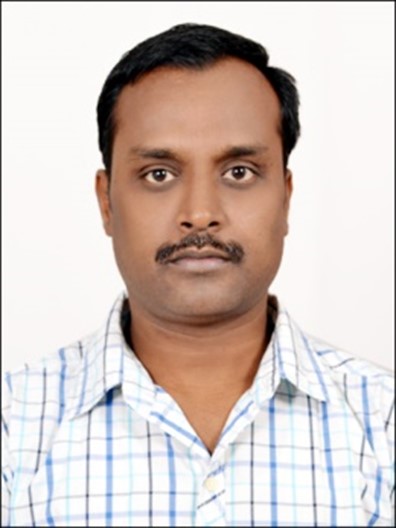 Professor Jeganmohan, IIT Madras, India
Professor Jeganmohan, IIT Madras, India
Professor M. Jeganmohan received his master’s degree in organic chemistry from the University of Madras in 2001. He earned his Ph.D. in 2005 from the National Tsing Hua University, Taiwan, under the guidance of Prof. Chien-Hong Cheng, and then pursued postdoctoral work in the same laboratory (2005–2009). He subsequently moved to the Ludwig-Maximilians-Universitat, Munich, Germany, to undertake post-doctoral studies, supported by the Alexander von Humboldt foundation, with Prof. Paul Knochel (2009 to 2010). His research interests include metal catalysed organic reactions, natural products synthesis and asymmetric synthesis. He has been the recipient of Chemical Research Society of India (CRSI) Bronze Medal (2022) and many others. He is also a Fellow of the Academy of Sciences, Chennai (2021), Fellow under "The (Late) Shri. G. D. Gokhale Lectureship Endowment” Institute of Chemical Technology (ICT), Mumbai (2021-2022) and a Fellow Royal Society of Chemistry (FRSC) in 2019.
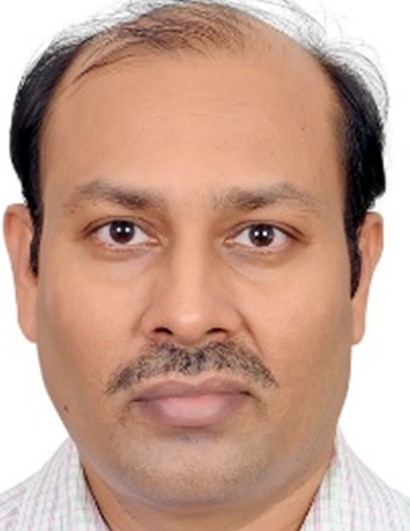 Professor Dilip Chand, IIT Madras, India
Professor Dilip Chand, IIT Madras, India
Prof. Dillip Kumar Chand received his PhD in 1998 from IIT Kanpur under the supervision of Prof. P. K. Bharadwaj. He then commenced postdoctoral research work by accepting an Alexander von Humboldt Fellowship at University of Saarland, Germany (Host: Prof. H.-J. Schneider) followed by a JSPS Research Fellowship at Nagoya University, and The University of Tokyo, Japan (Host: Prof. M. Fujita). Subsequently, in 2003 he joined IIT Madras as an Assistant Professor to embark his independent research career and his current position is HAG Professor. His research group focuses on various aspects of Supramolecular Coordination Chemistry. He has guided twenty (20) PhD scholars, co-guided four (4) PhD scholars, and twelve (12) PhD scholars are currently working under his guidance. A molecular star prepared by his group made the list of “Molecules of the Year 2017” as adjudicated by ACS – C&EN. He is a recipient of CRSI Bronze medal.
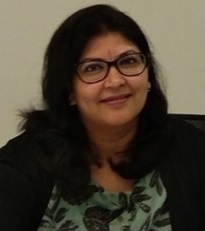 Dr. Aparna Ganguly, Royal Society of Chemistry, India
Dr. Aparna Ganguly, Royal Society of Chemistry, India
Dr Aparna Ganguly completed her graduation and post- graduation in Chemistry from University of Delhi and subsequently obtained her PhD in Materials Chemistry under the supervision of Professor A. K. Ganguli at IIT Delhi. After a short stint at teaching Physical Chemistry at Central University of Rajasthan, she moved back to the Nanoscale Research Facility, IIT Delhi as a scientist where she worked extensively on porous materials and their applications. In 2014, she joined the Royal Society of Chemistry where she is currently the Editorial Development Manager and manages the journal portfolio and their growth in India. As a part of her role, she works quite extensively with the scientific community, various Indian chemical societies, and researchers across various disciplines of Chemical Sciences and support the journal teams.











